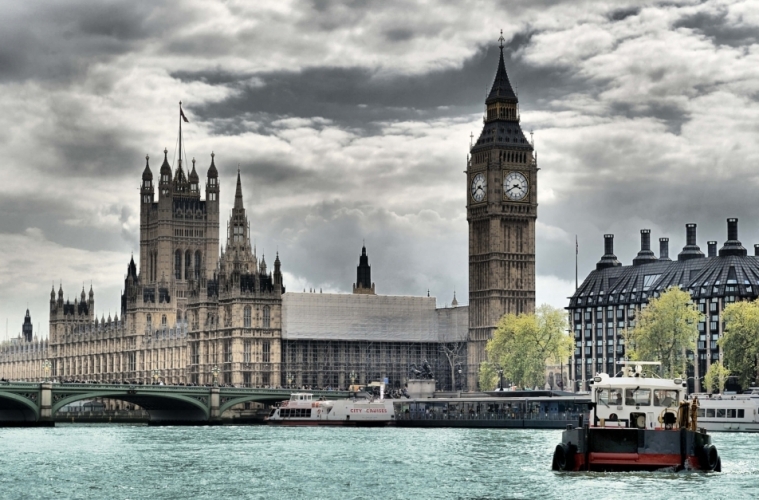Good morning,
Sterling slips on oil
Despite a pick-up in inflation and a generalised run higher in equities, sterling was unable to build itself higher yesterday, falling at some rather irritating hurdles. GBPUSD fell by one per cent yesterday as oil prices lost 8.5%, with the meeting between Saudi Arabia and Russia ending with a pledge to not increase production from these already record levels.
Meetings with Iran and Iraq are taking place today, and should they agree to cap production at current levels, we could be close to putting a base in in oil prices. Until then, we remain bearish on crude prices.
It is strange to think that an inflation rate of 0.3% year on year is the highest reading we have seen for a year but that is the reality of the global inflation picture. Food and non-alcoholic drinks remain a depressant on prices, falling by 2.6% since this time last year, but gains in alcohol and tobacco – as well as clothing and footwear – seemed to have buoyed prices in January.
Headline higher, core lower
Yesterday’s figure was the first inflation reading to be positively affected by the fact that December 2014’s declines in oil prices no longer fall within the survey period, and similar falls in food prices are also no longer being counted. So, from a statistical point of view, it is possible that the next few months may see further increases in the rate of price increases. The arrival in May of the National Living Wage will certainly have an inflationary impulse, for example.
A drop in core inflation from 1.4% to 1.2% may have been the catalyst for sterling weakness through the session as well as increasing weakness in GBP options markets given increasing referendum risk.
For now, the Bank of England will take the inflation number in its stride; they have been unwilling to look through inflation levels only a little lower than this, yesterday’s number is not going to change that.
Jobs can take over
Today’s numbers from the labour market are far more important. This month’s US employment numbers showed rising wages and falling unemployment, with the long and the short of it being that we may be finally starting to see the wage pressures and the diminishing marginal gains in employment that a labour market exhibits when it gets close to full employment.
We are looking for similar in the UK and a hopeful beginning of an abandoning of positions betting that the Bank of England will need to cut rates in the next 12 months.
I spoke about this yesterday evening on Bloomberg TV, which you can view here.
People’s Bank of China back at it again
The Chinese yuan has been weakened overnight and is down the most in the month through the past two days. Following its strengthening through the Lunar New Year holiday, it seems the People’s Bank of China is looking to generate a modicum of stability in the currency before the weekend’s G20 meeting.
The day ahead
The focus this evening are the latest minutes from the Federal Reserve although I am unsure how much new news we can expect given Janet Yellen’s Humphrey Hawkins testimonies to Congress last week.
As it stands at the moment, we expect to hear from the Federal Reserve that moves in the labour market are encouraging and that wage increases have the possibility of being able to generate inflation back towards target within the Fed’s forecast period. Headwinds will be said to remain strong.
The minutes are due at 7pm GMT.
Have a great day.


